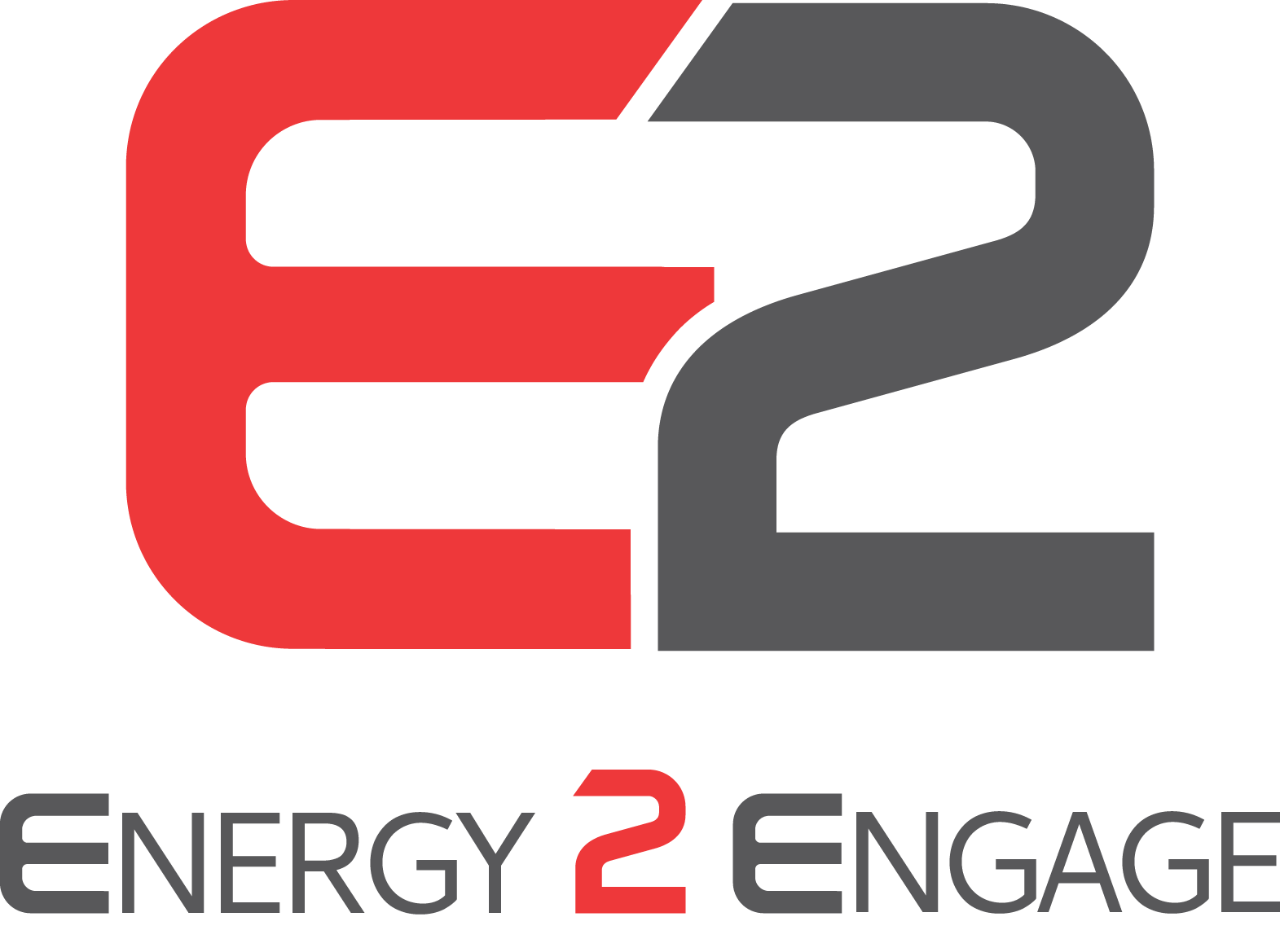“Strategy is just the headline on the company’s story – culture needs a clearly understood common language to embrace and tell the story that includes mission, vision, values, and clear expectations” -Torben Rick of Ameliorate
In order for your company’s business strategy to be fully carried out and smoothly implemented, it should match up with the type of organizational culture already present in your business.
According to Korn Ferry research from a survey with business executives, 72% agreed that culture is extremely important to organizational performance, but only 32% said their culture actually aligns with their business strategy.
Which cultures does your organization best match up with?
Clan Culture
If your company’s strategic direction gravitates towards human resource development and defines success as addressing the needs of clients and caring for others, it is most likely part of a clan culture. This type of company has a large family feel. Everyone in your organization works together to achieve tasks and for the most part, gets along well. The leader of the group is typically seen as a team builder or mentor.
Adhocracy Culture
Companies that have a long-term goal to grow resources and value finding new resources to use typically have adhocracy cultures. The strategic direction your company takes is to pull as many resources as possible and convert them into something valuable and usable. Employees in adhocracy companies are typically creative, innovative, and persistent. Leaders in this type of culture are considered true visionaries.
Market Culture
An organization that is heavily results-based and takes a strategic direction focused on achieving the best and most results is part of a market culture. The long-term focus of your business is on being better than competitors and penetrating the market. The leader in an organization like this is a hard worker, determined to produce quality content.
Hierarchical Culture
Finally, if your company is primarily formal and structured, with a business strategy focused on carrying out goals with stability and efficiency, all in a timely manner, it is categorized as a hierarchical culture. Clear-cut procedures and ground rules determine what is to be done on a daily basis. When everything runs smoothly, success is achieved. A leader in a hierarchy has control and composure to keep everything organized.
Once you have reflected on the direction of the strategy that your company needs to take and identified which culture best defines your business, Energy 2 Engage help you carry out your strategy by engaging your employees!




